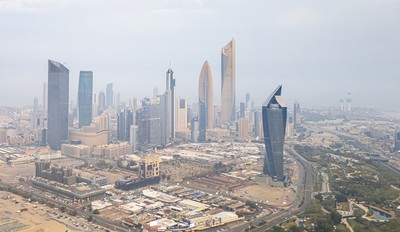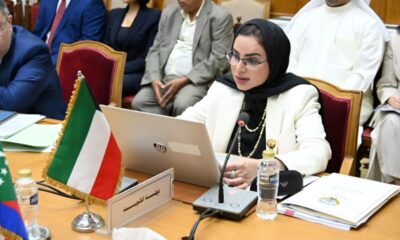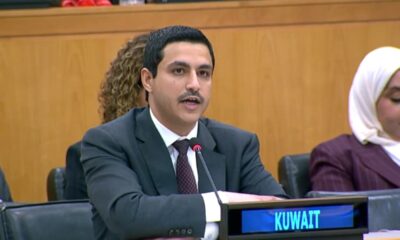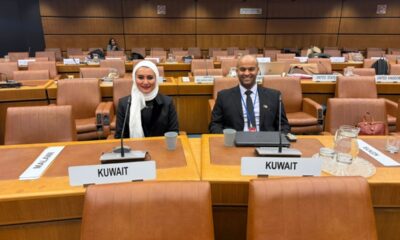KUWAIT CITY, March 22: Kuwait is preparing to allow banks to offer mortgages for the first time, a major development that could reshape the country’s financial sector. The legislation is expected to be passed soon by the Council of Ministers, according to sources familiar with the matter. This move could open up a market potentially worth $65 billion, which would expand lenders’ credit portfolios by 40%, according to the sources, who requested anonymity due to the sensitive nature of the information.
Historically, mortgages were not permitted or regulated in Kuwait due to concerns over the political ramifications of foreclosures on citizen-owned homes. Instead, the government has offered a public housing program, where married citizens can receive highly subsidized housing or a plot with a low-interest loan. However, the system has faced significant challenges, with a backlog of 103,000 housing requests and wait times stretching over a decade. This has led the government to plan major changes to address the situation.
Kuwait’s oil wealth has positioned it as one of the world’s richest nations, but policy stagnation has caused it to fall behind its more ambitious neighbors in the region. The upcoming mortgage law is expected to provide a “structured framework” to improve home financing access for eligible citizens, according to Abdulla Al Sumait, acting group CEO of Al Ahli Bank of Kuwait. Al Sumait referred to the development as a transformative step for the country.
The introduction of the mortgage law comes just 10 months after Kuwait’s emir suspended parliament for up to four years, allowing the government—led by the Al-Sabah family—to pass important legislation. Just days before, the cabinet had approved a draft decree that set the stage for Kuwait to sell international debt for the first time in eight years. These political moves have already created optimism in the markets, with Kuwaiti stocks outperforming their Gulf peers this year, particularly driven by banks like Boubyan Bank KSCP, Burgan Bank SAK, and Warba Bank KSCP, which have each seen gains of 17% or more.
The significant demand for housing in Kuwait suggests that even with regulatory limitations, the introduction of mortgages could greatly enhance the profitability of Kuwaiti banks, according to Justin Alexander, director of Khalij Economics and an analyst at GlobalSource Partners. The new development could also attract foreign interest in Kuwaiti banking stocks. Currently, foreign investments in Kuwaiti banks total 4.7 billion dinars ($15.3 billion), representing 15% of the sector.
“This opportunity extends beyond just housing finance, considering the large-scale infrastructure investments needed to develop new residential areas to meet the growing demand for housing in Kuwait,” said Sheikha Al-Bahar, deputy group CEO at the National Bank of Kuwait.
Bloomberg Intelligence analysts suggest that the new legislative amendments could include provisions on mortgage durations, state subsidies, interest rate caps, and regulatory limits such as debt service ratios. A growing mortgage market could stimulate the construction sector and drive domestic credit growth, potentially reaching high single-digit growth over the medium term.
The mortgage law is also expected to spur real estate development in the coming years. “It should increase project awards for creating infrastructure and new cities and boost housing starts,” said Jaap Meijer, head of research at Arqaam Capital in Dubai. Behind the scenes, the government is also making strides with other urban development projects. The Public Authority for Housing Welfare has signed a consulting services contract to develop three residential sites with more than 5,000 housing units.
Kuwait’s market is considered relatively untapped compared to its neighboring countries. Bader Al-Saif, an assistant professor at Kuwait University and associate fellow at Chatham House, stated, “Kuwait offers much. It’s an untapped market when compared to its immediate neighbors.” The planned changes signal the government’s commitment to addressing the country’s housing challenges and improving the financial landscape.

 Politics23 hours ago
Politics23 hours ago
 Politics13 hours ago
Politics13 hours ago
 Latest News20 hours ago
Latest News20 hours ago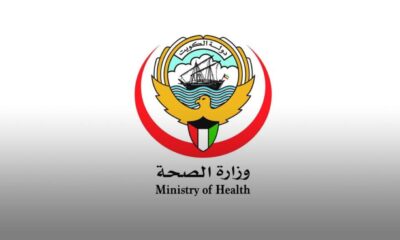
 Latest News24 hours ago
Latest News24 hours ago
 Latest News12 hours ago
Latest News12 hours ago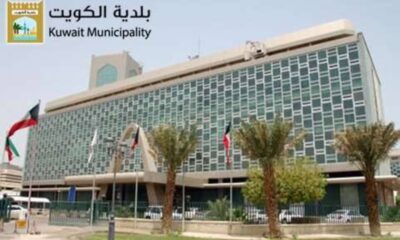
 Latest News23 hours ago
Latest News23 hours ago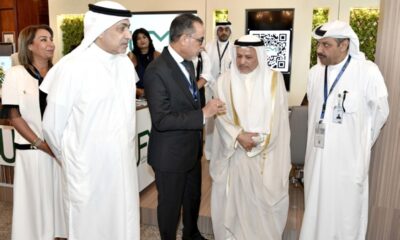
 Latest News22 hours ago
Latest News22 hours ago
 Latest News14 hours ago
Latest News14 hours ago
